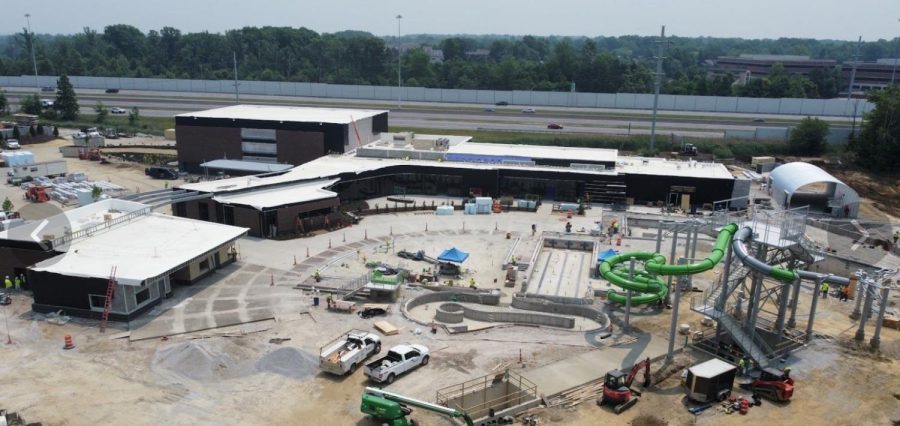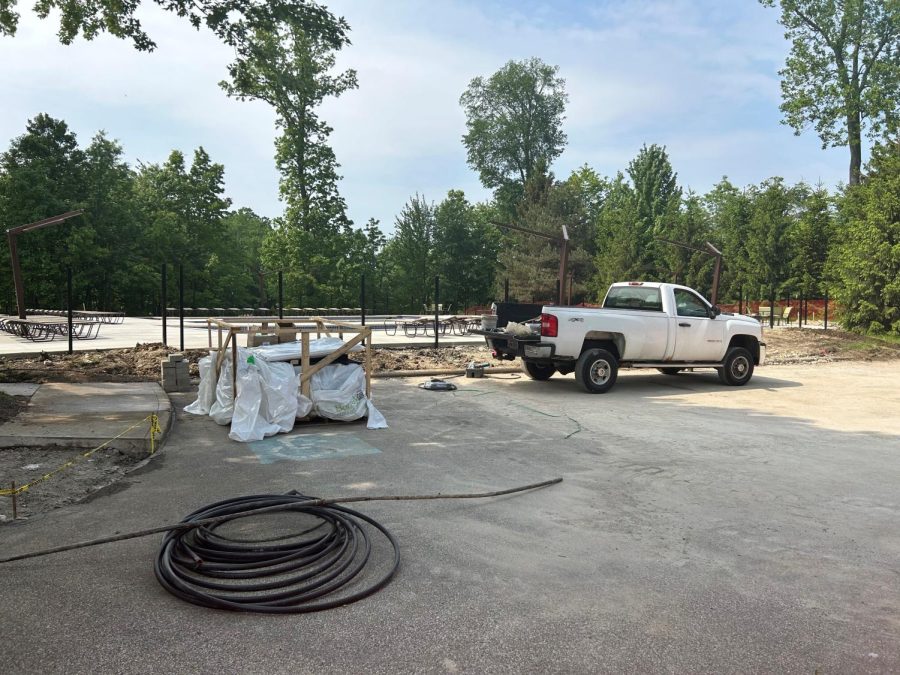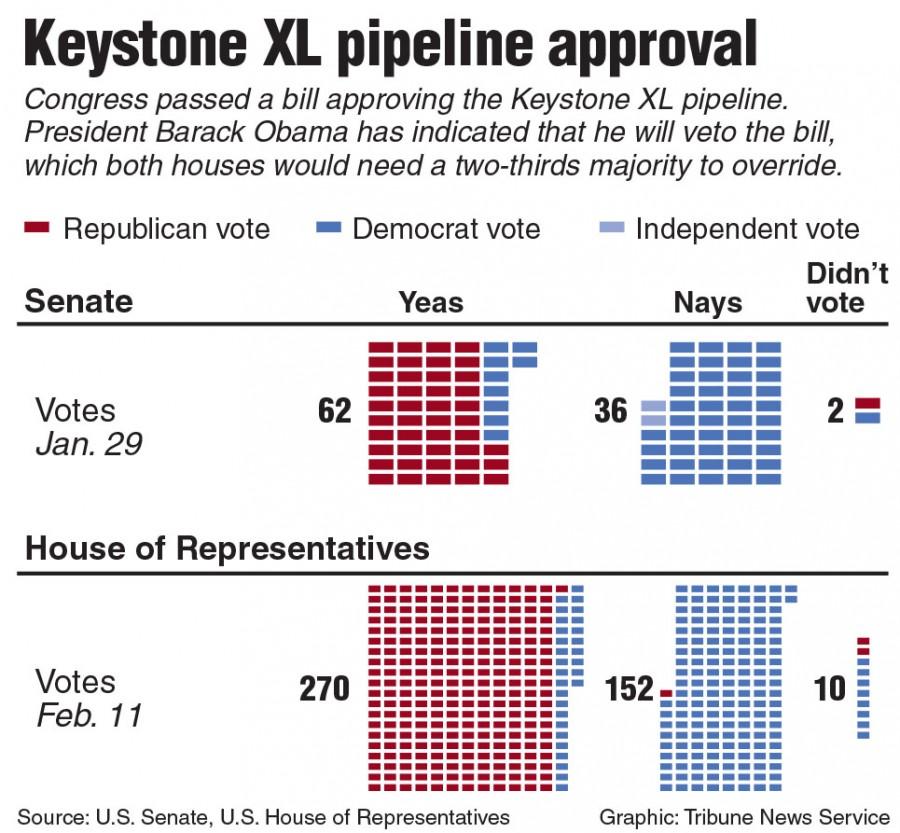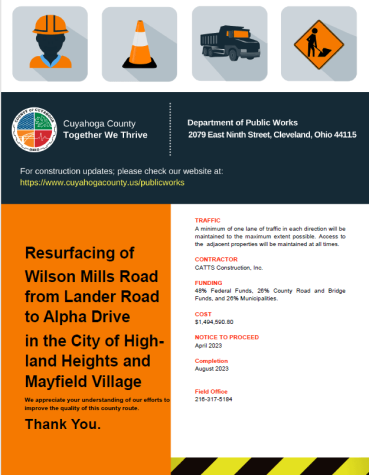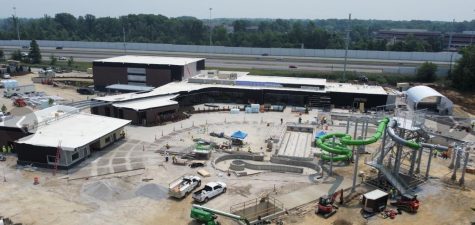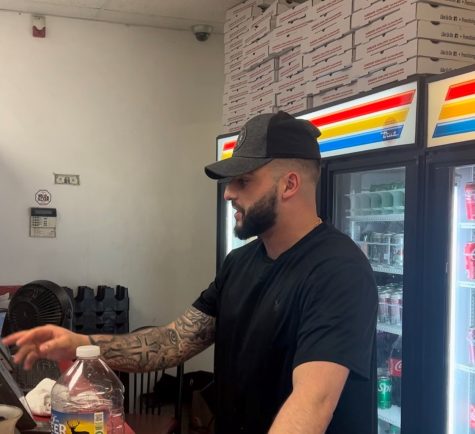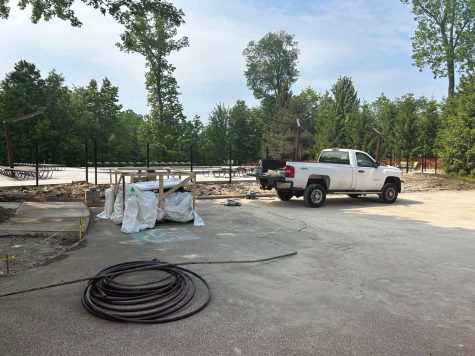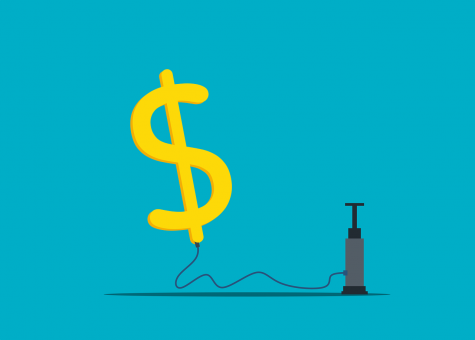Keystone XL Pipeline stirs debate in Washington
Chart of the Senate and House votes on the Keystone XL pipeline. Tribune News Service
February 26, 2015
The Keystone XL pipeline is one of the most controversial and hotly-debated issues of today’s political landscape.
The $8 billion dollar Canada-to-Texas pipeline will, when completed, transfer thousands of barrels of crude oil from Canada’s Tar Sands to the oil refineries in Texas and the Gulf of Mexico.
Supporters of the KXL claim that the pipeline will provide thousands of jobs and will boost the economy by providing more local oil to combat imported oil. However, opponents claim that the jobs are temporary, and any benefits of the pipeline are outweighed by the environmental risks.
The question that the Keystone XL pipeline poses is this: Do the projected economical benefits of the KXL outweigh the environmental risks, or is the pipeline too counter-productive to be built?
Supporters of the Keystone XL are primarily Republicans and Union-bound Democrats, who believe that the economical benefits of the KXL outweigh any projected risks. Alan Neuhaouser’s article on the US News & World Report website quotes the executive vice president for government affairs with the American Petroleum Institute, who said, “American refiners want [the KXL], American producers want to get their oil to those Gulf Coast refineries and we believe Americans would rather get a large portion of the 8 to 9 million barrels they import each and every day from Canada rather than Venezuela or the Middle East.”
Neuhauser goes on to quote a spokesman from TransCanada—the company hoping to build the pipeline—who said that no companies had canceled their contracts to ship oil through the KXL. Before the massive price drop in crude oil earlier this year, the proponents of the Keystone XL had substantial reason to want the KXL to be built. According to Neuhauser, “From January to June of last year, prices of…crude oil facilitated between about $90 and $110 per barrel.”
While prices have since dropped to around $50 per barrel, Neuhauser wrote, “Industry groups disagree [that lower prices will hurt the KXL]. Oil prices, they argue, are volatile and the Keystone XL was first proposed when oil was selling for far less.”
Elana Schor’s article in Politico, however, argues that “the economic case for building Keystone may have dimmed in recent months, thanks to falling oil prices.” Schor goes on to write, “Obama..has spent months scoffing at GOP arguments that Keystone would bring many economic benefits to a U.S. awash in domestic oil.”
While the supporters of the Keystone XL argue that there will be economic benefits following the construction of the KXL, there are a great deal of opposing views as well.
Opponents of the Keystone XL pipeline have a few key arguments against its construction. One of the most discussed issues is the potential impact of the KXL on the environment.
According to Neuhauser, “President Barack Obama has said he would only approve the 1,179-mile pipeline if it did ‘not significantly exacerbate the problem of carbon pollution’.”
Elana Schor’s article in Politico also quotes President Obama, who said in Aug. 2013, “There is no doubt that Canada at the source in those tar sands could potentially be doing more to mitigate carbon release.”
According to Schor, proponents of the KXL are likely to note that the Keystone’s starting point, Alberta, already has a carbon fee that encourages the oil industry to lessen pollution. The State Department concluded in Jan. 2014 that the KXL would not affect carbon emissions because oil companies would develop the tar sands whether or not the pipeline is built, according to Neuhauser.
However, he also writes that, “The EPA argued in its letter Monday, ‘given the recent variability in oil prices, it is important to revisit these conclusions’.” According to Neuhauser, developing the tar sands would require a market price of $86-$106 per barrel to turn a profit. The current price of $50 per barrel is not high enough to turn a profit on the oil at all.
Additional arguments against the KXL are revealed in an article by Rebecca Leber on the New Republic website, in which the safety of oil transportation is discussed. Leber writes, “Trains are more likely than pipelines to have accidents, but their accidents are less environmentally devastating: The International Energy Agency’s eight-year analysis of oil spills found a risk of a spill is six times higher for rail than pipeline shipments, but a pipeline accident spills three times as much oil as a rail shipment.”
Opponents and supporters of the KXL have acknowledged that the KXL will not reduce the shipment of oil by trains, but will provide more opportunity for ecological disaster. Leber quoted pro-KXL Senator Heidi Heitkamp, who said, “I am not someone who has ever said that the KXL will take crude off the rails. It won’t. Our markets are east and west and it would be extraordinarily difficult to build pipelines east and west.”
Essentially, the KXL will simply introduce more oil—and thus a higher risk for disaster—to America, without reducing the use of train shipments. While arguments for and against the KXL are numerous; however, the information provided indicates that the KXL could be more harmful than helpful.
Both sides of the KXL argument have valid points.
The environment must be protected if humans are to continue living on earth; however, jobs and oil are necessary to sustain the current lifestyle in the West. While the black-and-white world of politics demands that the KXL be passed or rejected out of hand, the solution to the underlying energy-production problem is far more complicated.
While the KXL is likely not the most reliable source of energy for America, the proponents still have a point—jobs and energy are important to America. A potential solution, however, could be found in sustainable energy.
The construction of sustainable solar and wind facilities could provide just as many jobs as the KXL, while eliminating a vast amount of carbon pollution that accompanies oil production. The road to sustainable energy is expensive; however, if the GOPs and Democrats would pool their resources to establish the industry, America would likely profit in the end.





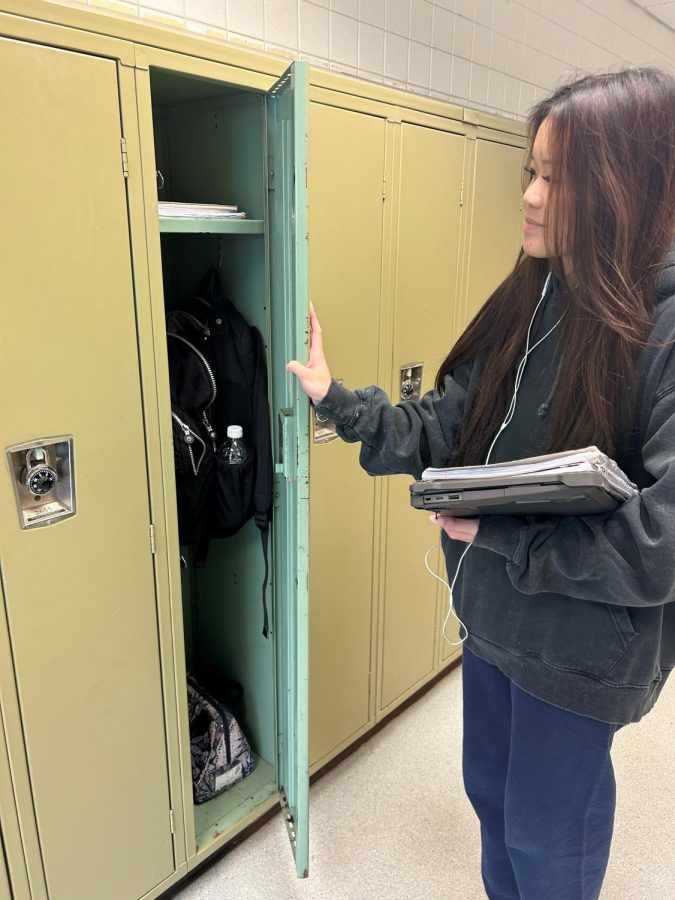

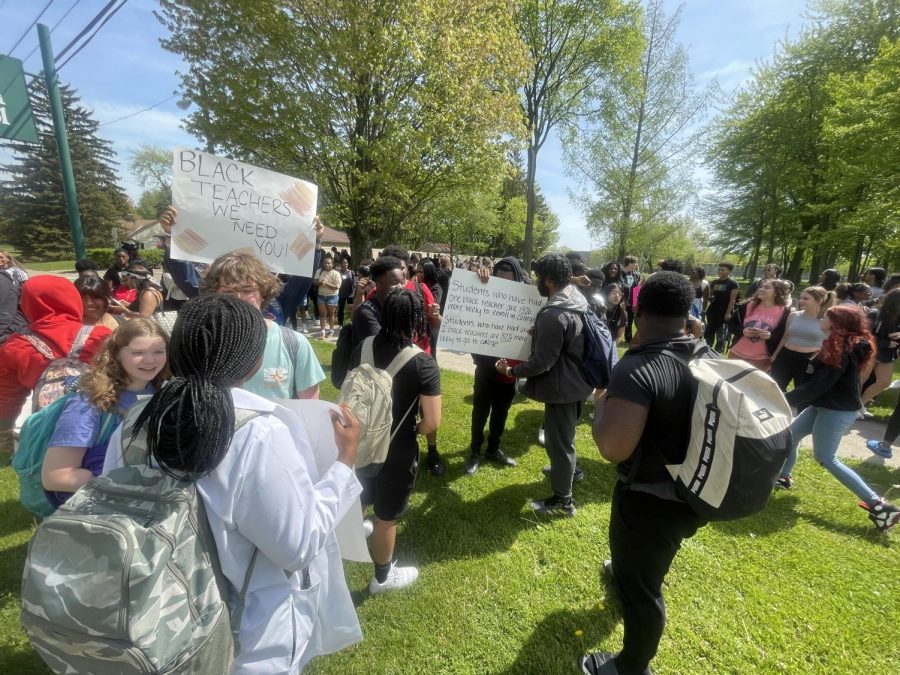







![Russian president Vladimir Putin took action to invade Ukraine on Feb. 24. According to the PBS Frontline episode Putins Revenge, Putin is obsessed with his image and how he and his countrys actions are portrayed. The Atlantics Julia Ioffe said, [Putin] watches tapes of the evening news over and over and over again to see how he’s portrayed, to see how he looks.](https://pawprintnews.org/wp-content/uploads/2022/04/putin-5277284_1920-900x596.jpg)



































